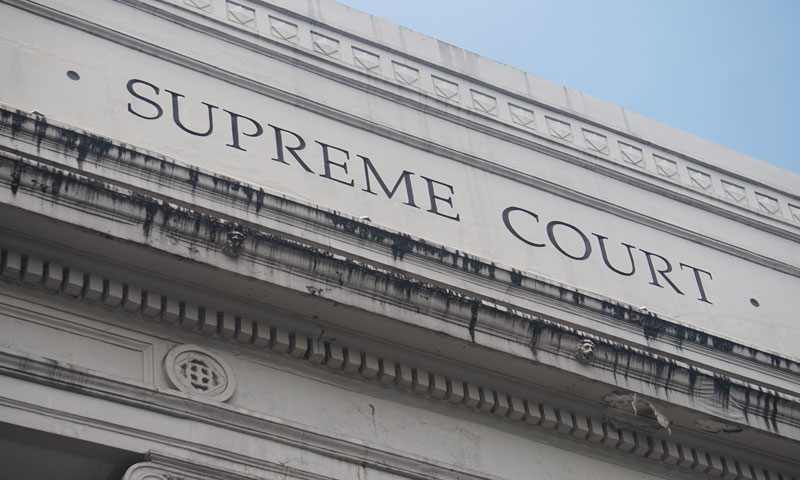Summary: K & L Gates is the first large firm addressing the new problem of revenge porn.
It’s an old story: as society changes, the law follows a step behind, struggling always to keep up. With “revenge porn” in which a bitter ex-boyfriend or ex-spouse will use nude photos of his former partner to humiliate him or her by posting it online, many states lacked specific laws to answer the abuse. The victims, often women, were in a state of fear, uncertain whether to pursue legal action, and hence draw more attention to the explicit material, or to suffer in silence.
K&L Gates is the first large firm to take up the new problem. It created the Cyber Civil Rights Legal Project last September, which brought 50 volunteer lawyers on board in combating it. With so many couples exchanging explicit photos digitally nowadays, and with the ease by which these can be posted on the internet, perhaps such a problem as revenge porn was inevitable.
Nevertheless, the means for combating it, so far, must necessarily be ad hoc, until some specific legislation is put into affect to address it. Last year a dozen states made criminal statutes against revenge porn, including Colorado, Illinois, and Pennsylvania.
Prosecutors going after bitter former lovers nevertheless often resort to the stratagem of using copyright law. Though copyright law was not invented to address such issues as this, lawyers are using it as a makeshift. Men and women who wish to force websites to take explicit images down can register their photos and videos with the United States Copyright Office, which means making it publicly available, and then demand websites take the material down or face being sued for copyright violations. American websites usually comply when so threatened.
“Copyright is not designed to deal with revenge porn,” said K&L partner Mr. Bateman. “But it’s not perfect and won’t be available in all situations.”
The K&L clinic is helping around 100 victims of revenge porn at the moment, and hopes to see legislation changed to address it.
“The advocacy groups are really excited about what we are doing,” said one of its leaders, Elisa J. D’Amico, who is a litigator from their Miami office. Both she and David A. Bateman, from their Seattle office, are heading the project.
One young law student the agency is helping out is from California, and faced this situation after dating a Virginia man through a dating service. In their case, the man, David K. Elam, not only posted explicit images of the law student, who has remained anonymous, but has also set up accounts for her on dating websites asking people to call her for sex.
The mollified girl has even had a law firm where she applied to work say they found videos of her while searching her name online.
News Source: Dealbook













































